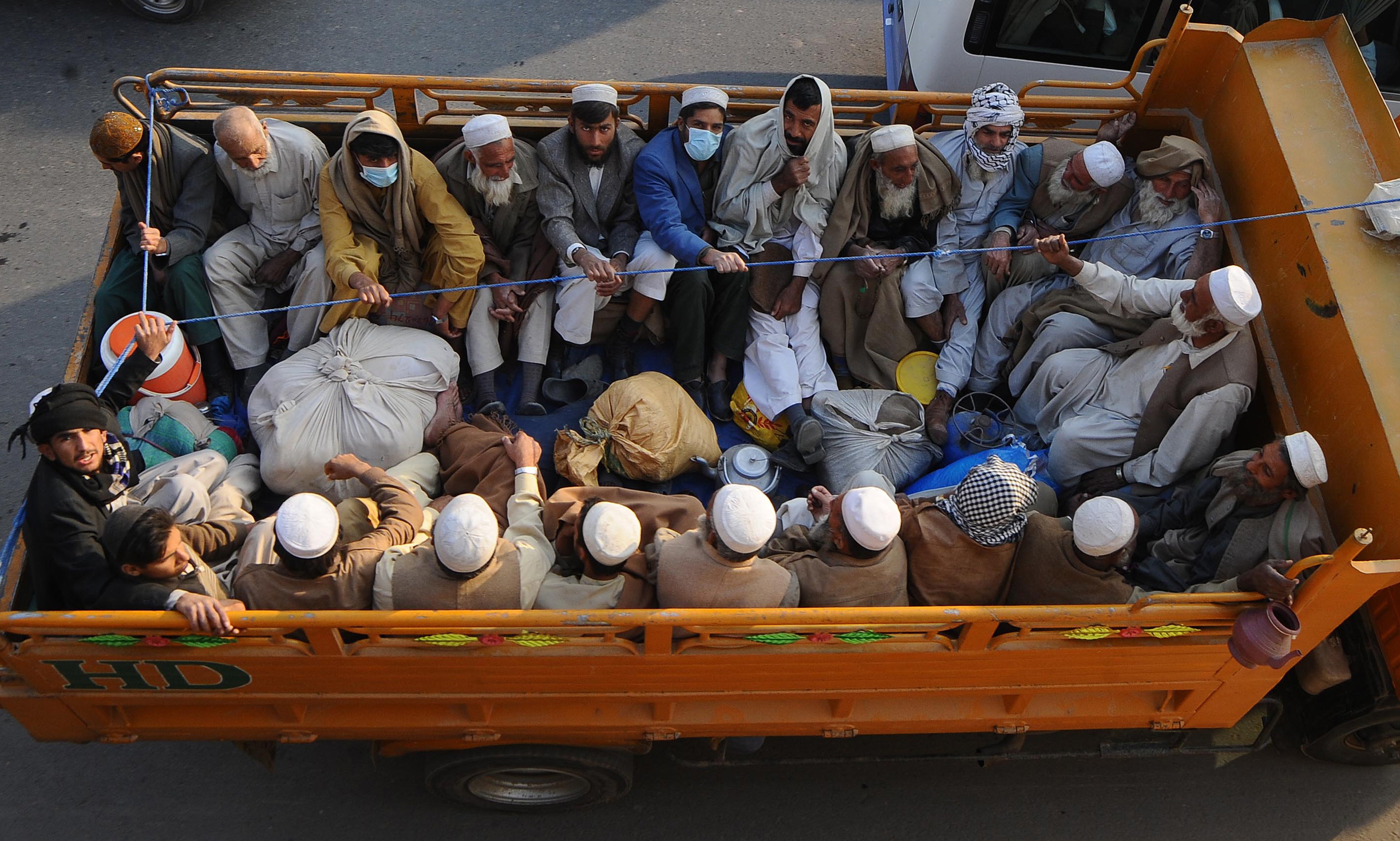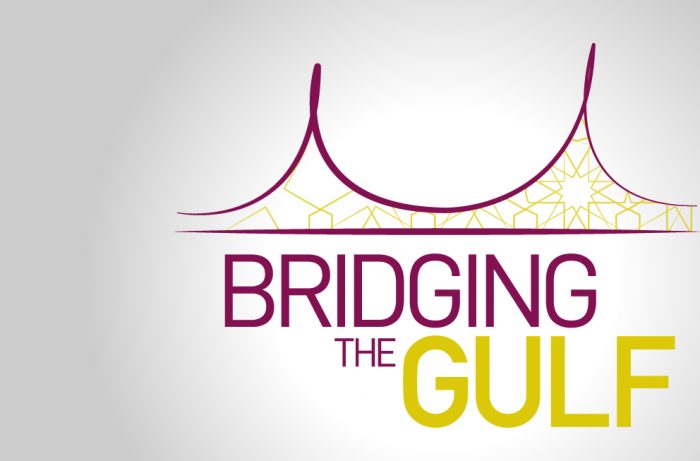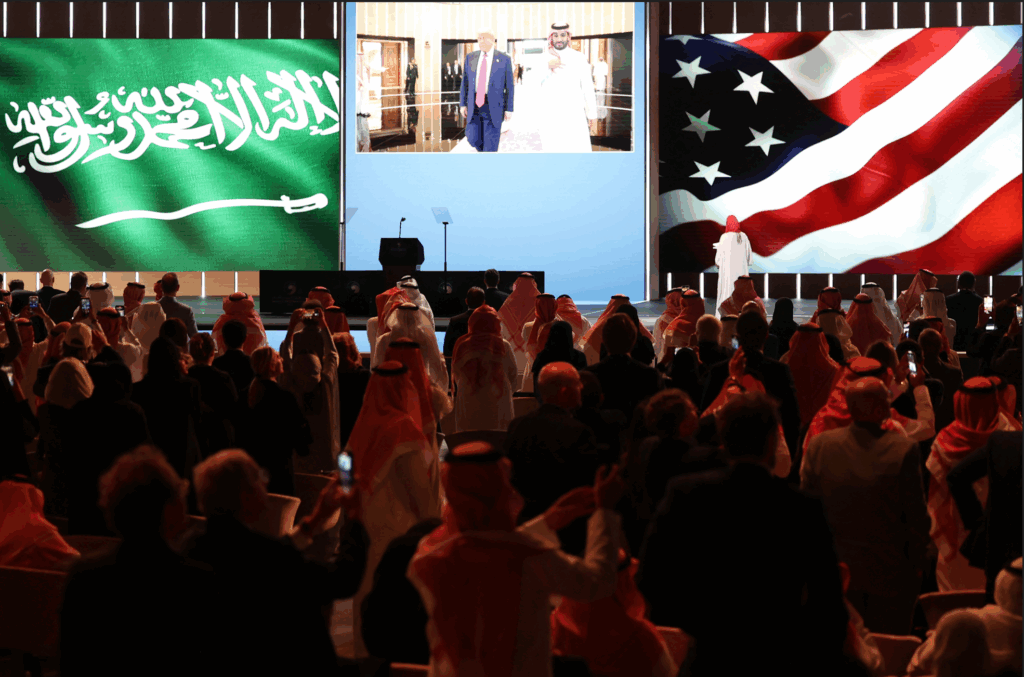
- 23 Jun 2020
Dawat in the Time of Corona: Islam and Pious Sovereignty in the Tablighi Jamaat
Abstract
Practitioners of the transnational Islamic piety movement called Tablighi Jamaat recently made the news in Indonesia, Pakistan, India and Palestine for continuing mass gatherings called Ijtimah amid the Covid-19 pandemic. Many people have since criticised the otherwise publicity-shy Tablighis for putting religious commitments before public health. However, few have asked the deeper question: why are face-to-face interactions central to their sense of moral and religious duty?
Beyond the occasional ijtimahs, Tablighis regularly walk through towns and cities in groups of 10 or 12 men giving dawat (invitations) to those caught up in the dunya (world) to come back into the folds of din (religion). Tablighis believe that only through a ritualised form of face-to-face preaching, or dawat, can order be restored in a world thrust into fitna (moral chaos). This commitment to dawat places Tablighis at odds with Islamist political parties, who believe that the path to an Islamic society is through the Islamic state.
Drawing on extensive fieldwork with Pakistani Tablighis, this presentation outlines how dawat gives rise to a distinct form of pious sociality structured around what Dr Khan calls the “ethics of hierarchy”. By placing the ethics of hierarchy at the heart of moral order, he argues, Tablighis create an alternative conception of pious sovereignty to that of the state. This alternate imagination, in most times, runs peacefully parallel to state sovereignty. However, it comes into conflict in rare situations of state intervening, as they did with social distancing measures, in their pious sociality.
Join us for this public talk on 23 Jun, 4.00pm to 5.30pm (SGT), which will be conducted online via Zoom. All are welcome to participate. An e-invite will be sent to you near the event date.
This event is free, however, registration is compulsory.
Image caption: Pakistani Muslims in a truck, returning from Tablighi Ijtimah religious meetings in Raiwind, about 25 kilometers from Lahore, on December 5, 2010. Photo: Arif Ali / AFP
Listen to the full event here:
Watch the full event here:
Read Event Summary:
By Sukriti Kalra
Intern, Middle East Institute, National University of Singapore
Kicking off his talk with a brief history of the Tablighi Jamaat, Dr Khan said it was founded in the 1920s by Muhammad Ilyas al-Kandhlawi in the north Indian town of Deoband. The Deobandi ulama were spearheading efforts to eliminate internal corruption as well as outside influences and practices like the veneration of saints that were commonly seen in Hinduism and Sufism. These were part of their efforts at “Islamic reform” to return to and revive the “original” Islam of the Quran and Prophetic traditions.
Ilyas believed that elder or higher-caste Muslims had a fundamental duty to teach newer or lower-caste Muslims the fundamentals of Islam, hence the beginning of dawat. Giving dawat in its true form is not the same as preaching for three main reasons. First, dawat must be conducted face-to-face as it conveys not only words, but also the force and meaning behind them as well. Tablighis believe that hearing someone speak over the TV or radio may speak to your mind, but it is only through face-to-face interaction that one can speak to your heart. Second, Tablighis believe dawat requires sacrifice in three forms, physical energy, wealth and time, and this sacrifice increases the transformational power of dawat. Lastly, dawat is a collective practice, it draws upon the energy from being conducted in a group to emphasise its efficacy.
These conditions led to the practice of Tablighis travelling together and living in mosques to directly preach the virtues of Islamic practice the way Prophet Mohammad did originally when he was trying to gain followers. This network of ties and personal interactions created through dawat is the basis for forging a genuine and pious Islamic community.
Interestingly, the Tablighi Jamaat is one of the fastest-growing religious movements despite their rejection of global technologies primarily because people are seeking a more intimate means of connection and the sacrifices the Tablighis make to preach in person make their form of Islam seem more authentic. Currently, with the proliferation of all things Islamic from politics to art to schools, there is a deep sense among some Muslims that Islam has become an instrument and the Tablighi juxtaposes this by proposing an alternative and a return to Islam’s roots.
The practice of dawat is not simply used to spread Islam to others, it also involves a self-improvement aspect for those conducting dawat. In the process of giving dawat, the Tablighis are strengthening their own faith and disciplining and reforming themselves. It creates a passion and desire within the Tablighis to fulfil their own religious duties, reinforces an interior state of faith and lays the groundwork for all other Islamic practices. Dawat is the condition for moral, spiritual and economic well-being. Dr Khan compared it to the idea of moral responsibility where by telling other people to do something, one incites a desire within oneself to do the same thing.
Given the importance of face-to-face contact in groups, the need to stay in close quarters as well as their need for mobility, the Covid-19 global pandemic created issues for the Tablighis. Congregating, travelling and spreading the message of God face-to-face creates the conditions of well-being for them, however, those very actions also made them initial vectors for the spread of the coronavirus, which prompted a public backlash as many of the gatherings became hotspots. Tablighis maintained that these gatherings were already planned, and preachers were already travelling before the news was available about how serious the pandemic was.
In the case of the gathering of more than 100,000 Tablighis in Lahore in Pakistan between 10 and 12 March, Dr Khan said at that stage, there was no real information about the spread or impact of Covid-19 unless one zealously read international news releases. Even then, he said the Pakistani government called off that gathering halfway through out of concern that it might lead to a greater spread of Covid-19.
In India, the Tablighi Jamaat faced harsh criticism for their gatherings, partly because of the Hindu nationalistic wave positing Indian society as essentially a Hindu society and treating Indian Muslims as second-class citizens. The Tablighis had been travelling and thus were initial spreaders of Covid-19 in India, which exacerbated existing political tensions between Hindus and Muslims, also prompting an Islamophobic backlash on social media in the country. The Indian case reveals how the Covid-19 pandemic built on pre-existing fears of Muslims, especially mobile Muslims, and portrayed them as not only carriers of metaphorical diseases like extremism, but also literal diseases leaving death and destruction in their wake.
About the Speakers

Assistant Professor of Anthropology
Union College
Dr Arsalan Khan’s research focuses on ritual, gender and ethics, themes that he explores in the context of the Islamic revival in Pakistan. His dissertation “Islam, Ritual and the Ethical Life: Dawat in the Tablighi Jamaat in Pakistan” examines the zealous commitment to a distinct form of face-to-face preaching (dawat) among Pakistani Tablighis, practitioners of the transnational Islamic piety movement, the Tablighi Jamaat. This research looks at how dawat, which involves arduous travel and great personal sacrifice, is understood by Tablighis to be a means for the cultivation of personal piety and interpersonal ethics. His research shows how this Tablighi understanding of dawat not only places them in opposition to Pakistani liberals but, crucially, also leads them to reject Islamist political activism and even the idea of an Islamic state. His research addresses broader questions about the relationship between Islam, secularism and modernity.



